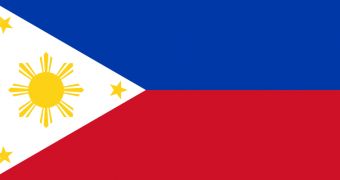The Philippines have just introduced a law that’s meant to discourage hacking, online libel, and other offenses carried out with the aid of computers. The Cybercrime Prevention law has been already criticized for posing a threat to Internet freedom.
The new law addresses offenses such as spamming, illegal data interception, illegal access to computing systems, the altering of software and the use of malware, cybersquatting, forgery, fraud, and the misuse of devices.
The individuals found guilty of committing such crimes may face prison sentences and considerable fines.
While the bill should discourage hackers and those who commercialize or download adult content involving children, many say that the inclusion of the section against online libel is problematic, GMA News notes.
This section allows heavily criticized politicians to file charges against those who protest against them online.
Kabataan party-list Rep. Raymond Palatino highlighted the fact that other politicians such as Senator Tito Sotto – who has been attacked on numerous occasions for copying his speeches – will use it against his critics.
In Palatino’s view, this represents a major step backward because it further criminalizes libel and encourages censorship.
He explained that the National Bureau of Investigation and the Department of Justice will be “swamped” with complaints filed by actors, politicians, business tycoons, and other individuals and companies that seek to silence their critics.
“Instead of dealing with cyberwarfare, our agents will be investigating online libel,” Palatino said.
Officials are aware that the new bill will raise a lot of controversy because of this particular section, but they claim that they’ll leave it to lawyers to figure things out.
50 million Philippine pesos ($1.2 million or 915,000 EUR) will be allocated each year by the government for the implementation of this law.

 14 DAY TRIAL //
14 DAY TRIAL //